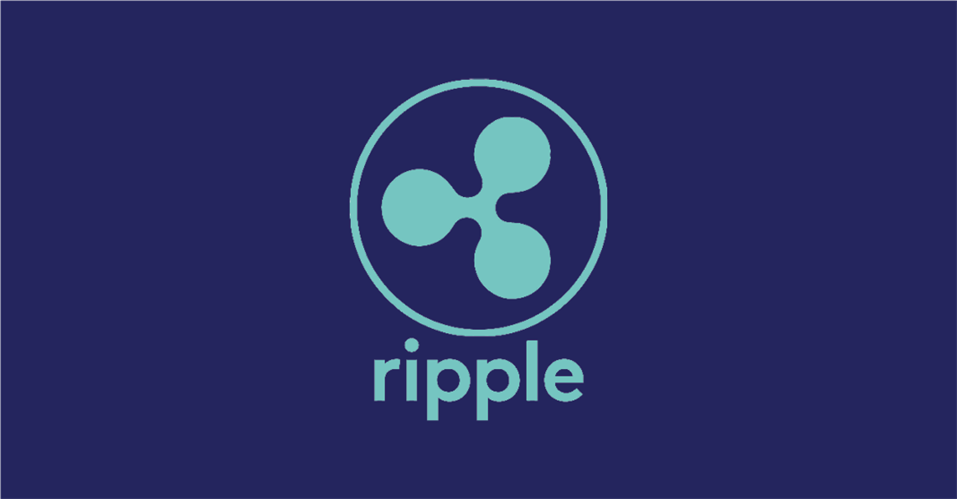Ripple Teams Up With UAE Banks to Transform Payments
20.05.2025 19:00 1 min. read Alexander Stefanov
Ripple is accelerating its regional ambitions with a fresh push into the UAE, forming alliances with Zand Bank and fintech startup Mamo to expand its blockchain-powered payment network.
This move follows the firm’s regulatory greenlight from Dubai’s Financial Services Authority earlier this year — a milestone that opened doors across the Middle East’s financial landscape.
Zand, the UAE’s first digital-only bank, is now tapping Ripple’s infrastructure to modernize cross-border transfers and explore stablecoin issuance backed by the dirham (AED). The initiative positions the bank at the forefront of blockchain adoption in the region’s banking sector.
Meanwhile, Mamo is integrating Ripple’s platform to streamline remittances, aiming to deliver faster and more cost-effective services to customers. According to CEO Imad Gharazeddine, the partnership allows the company to scale operations with greater confidence in security and reliability.
Ripple’s payment network now spans over 90 countries and has processed more than $70 billion globally. A key feature is its On-Demand Liquidity (ODL) system, which uses XRP as a bridge asset to settle transactions instantly — a model that’s gaining traction in corridors where traditional banking rails remain inefficient.
The UAE’s proactive stance on fintech regulation and digital assets makes it an ideal launchpad for Ripple’s continued expansion. With these new partnerships, Ripple is signaling that its ambitions in the region are only just beginning.
-
1
Binance Introduces First Bonding Curve-based Token Launch With Four.Meme Collaboration
14.07.2025 21:00 2 min. read -
2
Polymarket Eyes Launching Stablecoin to Capture Reserve Profits
23.07.2025 10:30 2 min. read -
3
Telegram Launches TON Wallet for U.S. Users, Unlocking in-app Crypto Features
22.07.2025 17:30 2 min. read -
4
Western Union Explores Stablecoin Integration After GENIUS Act Approval
22.07.2025 10:00 2 min. read -
5
FIS Partners With Circle to Bring USDC Payments to U.S. Banks
29.07.2025 10:00 2 min. read
FIS Partners With Circle to Bring USDC Payments to U.S. Banks
Global fintech firm FIS (NYSE: FIS) has entered into a new strategic partnership with a subsidiary of Circle Internet Group, Inc. (NYSE: CRCL) to bring USDC payment capabilities to U.S. financial institutions.
PayPal Unveils Crypto Payment Service to Cut Cross-Border Fees by 90%
PayPal has launched a new service, Pay with Crypto, aimed at reducing the high costs and complexity of cross-border payments for merchants.
Goldman Sachs and BNY Launch Tokenized Money Market Funds for Institutions
Goldman Sachs and BNY are set to unveil a groundbreaking blockchain initiative that will allow institutional investors to purchase tokenized shares of money market funds, according to CNBC.
Polymarket Eyes Launching Stablecoin to Capture Reserve Profits
Polymarket, the fast-growing crypto prediction market, is exploring the launch of its own stablecoin to capitalize on the yield generated from reserves backing USDC deposits.
-
1
Binance Introduces First Bonding Curve-based Token Launch With Four.Meme Collaboration
14.07.2025 21:00 2 min. read -
2
Polymarket Eyes Launching Stablecoin to Capture Reserve Profits
23.07.2025 10:30 2 min. read -
3
Telegram Launches TON Wallet for U.S. Users, Unlocking in-app Crypto Features
22.07.2025 17:30 2 min. read -
4
Western Union Explores Stablecoin Integration After GENIUS Act Approval
22.07.2025 10:00 2 min. read -
5
FIS Partners With Circle to Bring USDC Payments to U.S. Banks
29.07.2025 10:00 2 min. read


